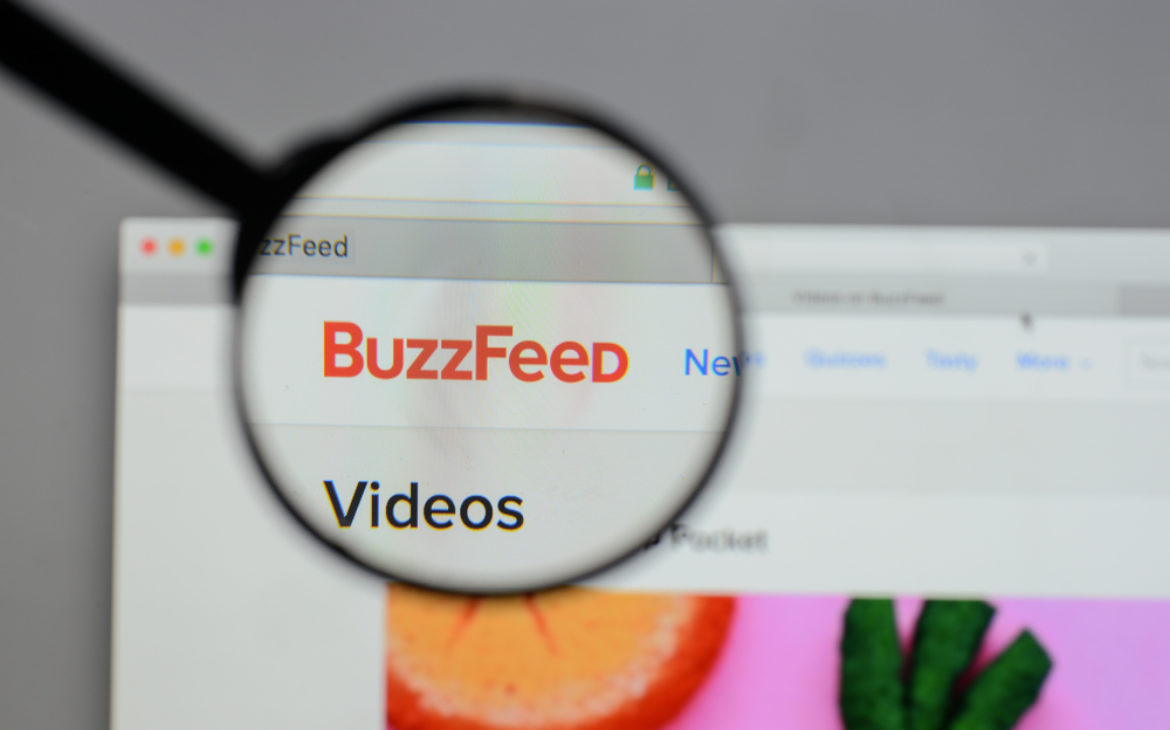BuzzFeed says it’s going to use AI tools provided by ChatGPT creator OpenAI to “enhance” and “personalize” its content, according to a memo CEO Jonah Peretti sent to staff yesterday.
In the memo, first reported about by The Wall Street Journal, Peretti says AI will be one of the two major trends defining the future of digital media (the other being content creators). Peretti says that BuzzFeed’s “AI inspired content” will launch on the site this year, “enhancing the quiz experience, informing our brainstorming, and personalizing our content for our audience.”
Our industry will expand beyond AI-powered curation (feeds), to AI-powered creation (content). AI opens up a new era of creativity, where creative humans like us play a key role providing the ideas, cultural currency, inspired prompts, IP, and formats that come to life using the newest technologies.
In an example cited by the WSJ, though not included in the memo, AI could be used to generate personalized rom-com pitches for readers. They would be asked a series of questions, including personal information (such as: “name an endearing flaw” and “pick a favorite rom-com trope”), which would then be used to generate a shareable output.
When asked by The Verge if BuzzFeed was considering using AI in its newsroom, the company’s VP of communications, Matt Mittenthal, replied, “No,” but confirmed that they woul be using OpenAI technology.
Media companies struggling with declining advertising rates are tempted by the technology as AI tools like ChatGPT become more capable to write prose. BuzzFeed in particular has seen market volatility since going public in December 2021. The stock price of the corporation had already fallen 40% by June 2022 and had stayed on a downtrend ever since. However, BuzzFeed’s stock price increased by more than 100% after it was revealed that AI would be used to produce content.
For almost a decade, automated technologies have been employed by publications like The Associated Press to generate stories, but these have typically been formulaic articles covering events like financial reports and sports results. Automated tools are used to input figures and results into prewritten templates. But as AI systems have become more advanced, so too has their capacity to write more content of a story. The issue is that there is a higher potential for mistakes to be made when artificial intelligence plays a larger role. This is especially true for tools like ChatGPT, which tend to generate information that is plausible yet false.
